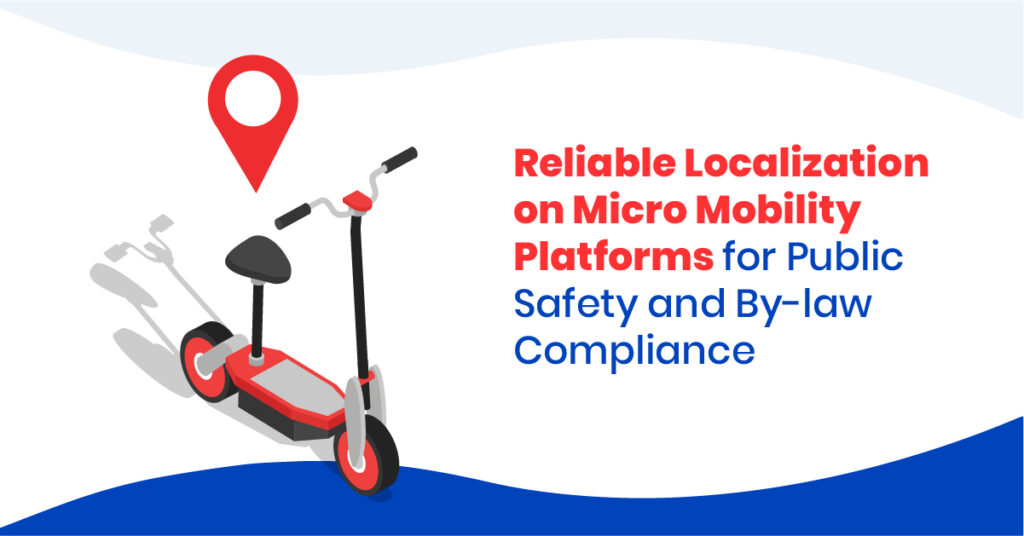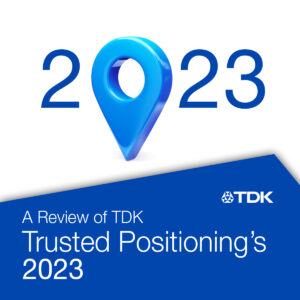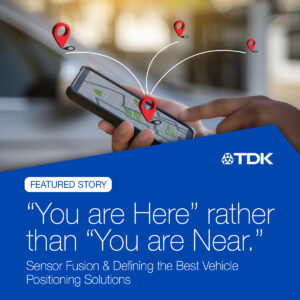Micro mobility is a fast-evolving market attempting to solve the “last mile” transportation problem. Major cities around the world are seeing a proliferation of dockless, light-weight, and two-wheeled vehicles to mitigate traffic congestion on local roads while also providing a convenient “last mile” solution. E-scooters and e-bikes are the most common platforms deployed by ride-share rental companies which fall in this category. Accurate localization and positioning is one of the most important challenges for this growing market in dense urban areas and benefits many levels of the usership. It enhances the user experience for consumers, assists service providers with maintenance, theft prevention and recovery; governing bodies also use the data for infrastructure upkeep, bylaw compliance, and public safety. Public safety is a far-reaching aspect of localization as the vehicle may be obstructing paths, handicap access areas, or being used in an unsafe manner. The current localization method is GNSS based, however, the main usage areas of these vehicles are in urban centers where GNSS does not work reliably due to multipath. The TDK Micro Mobility Library (MML) provides a reliable solution with absolute accuracy of less than 5m in any environment using GNSS, sensors, and digital map data. These vehicles experience lower speeds and higher motion dynamics than traditional four-wheeled platforms. The core of the TDK MML is a state estimation filter with special conditions and adjustments to optimize navigation models for two-wheeled vehicles. The TDK MML estimates smooth and accurate routes for regulatory compliance. It also provides information related to erratic vehicle motion, and vehicular impact incidents.



